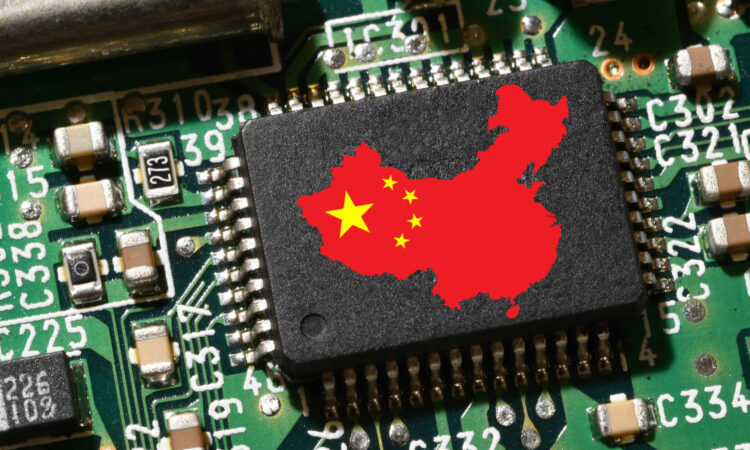
The Biden administration has enacted a new set of tariffs against China that will hit up to $18 billion in imported goods, including quadrupling the duties imposed on electric vehicles (EVs) and doubling tariffs on solar panels and semiconductors to 50% each.
Bernstein Managing Director and Senior Analyst Stacy Rasgon joins The Morning Brief to elaborate on whether or not these trade policies will have any lasting effects on the United States, its demand for semiconductor imports, and the new avenues China is approaching to acquire more AI chips.
“The US just doesn’t import a lot of direct semiconductors from China… it’s maybe a few billion dollars, it’s not any more than that. So there’s no direct impact,” Rasgon says. “Now the indirect impact, you know again risks of further escalation… like counter like actions from China… those have been the issues that we’ve been dealing with over the last several years. By and large, they have been manageable.”
For more expert insight and the latest market action, click here to watch this full episode of Morning Brief.
This post was written by Luke Carberry Mogan.
Video Transcript
For investors who are trying to figure out exactly if there is a significant delta or if there is a change in operations at all here, the direct impact from tar from raised tariffs on semiconductors is likely very little.
Again, that that’s like the, the reason I alluded to earlier, the US just doesn’t import a lot of semiconductor direct semiconductors from China.
They just, they just don’t, it’s, it’s maybe a few billion dollars, it’s not any more than that.
Um So there’s no direct now, now the indirect impact, you know, again, risks of further escalation you, you, you know, like counter like actions from China II.
I don’t know.
Um those have been the issues that we’ve been dealing with the last several years by and large.
They have been manageable, you know, are gonna remember going back a few years ago, people were very worried about, about the escalation of all this stuff, trade and tariffs and everything.
Um I think there was some impact at the end of the day.
It’s not like it slowed anything down, like things have been broadly fine in semiconductors since then.
Yeah, Stacy, there is a report out from the information.
It looks like overnight saying that China is asking T te tech giants to ditch NVIDIA chips and, and trying to um I guess encouraging them to buy local and said, and going back to what you were saying, the escalation, the tit for tat what exactly this could mean?
Maybe it’s not specific or maybe it’s not gonna have a huge impact on Nvidia’s business.
But I guess go back to what Brad was just saying how we should be thinking about the escalation in the Yeah, so, so so for NVIDIA for that, I mean, NVIDIA already is barred from selling most of their stuff into China.
Anyways, they do have some, some parts that they have made redesigned to, to um constrain to the export restrictions that are legal to sell.
The problem with those parts unfortunately be be to fit them within the confines of the export controls.
They have to really hamstring the performance because of that, the performance of some of the local Chinese stuff is actually better than the legal parts that NVIDIA is allowed to sell.
And so because of that, it’s likely that the Chinese are are are gonna be buying more of the local parts anyways with, with whether or not the government is mandating it or not.
So I don’t think there’s a lot of direct impact the issue though, however, is the growth of these local ecosystems.
So we are seeing Chinese companies that are starting to build A I chips.
We’re seeing Chinese companies that are, you know, that China has been really buying a lot of um uh uh trailing older generation process uh manufacturing equipment and they’re building up a local um older generation semiconductor uh ecosystem because we’ve shut them out of the leading edge most of this stuff.
I don’t think you’d want to do stuff like that, you know, always making chips on, on really older generation process technology.
You wouldn’t want to do it if you didn’t have to do it.
But if you have no choice, you will do it.
And I think that is, is the longer term risk is the US by their actions and, and, and I understand the, you know, the, the national security rationale to go after this, but we are forcing China to become creative, you know, all senses of that word and, you know, you’re gonna, you’re gonna force them, you know, drive them to find other solutions that maybe they would not have done in the past.
And again, in 10 years, like we may have a much broader decoupling.
Um China may develop, they already developing local solutions which are not as good as, you know, what’s available like in the rest of the world.
But with, if you don’t have any choice, you’ll, you’ll go ahead and you’ll go down that path and, and, and they are clearly going down that path






